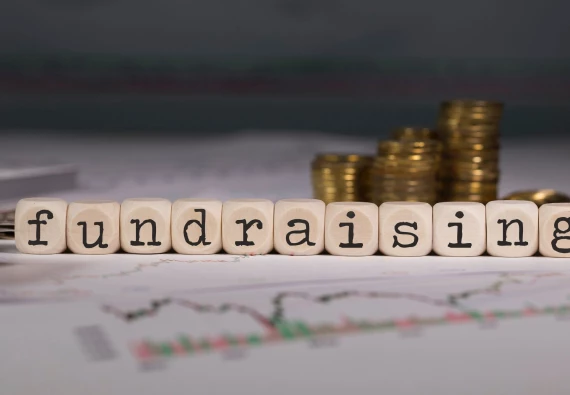A priced round is where one or more investors purchases a fixed number of shares of preferred stock in a startup in exchange for a fixed amount of capital. The result of this structure is a fixed price per share for investors. While it's common for very early stage startups to raise money using convertible instruments like SAFEs and convertible notes, more mature startups usually raise money from investors in priced rounds with an agreed-upon valuation and price per share.
Consider an example of a priced round. Let's say TechTrack, a music tech startup, raises a Series A priced round. TechTrack raises a total of $5 million from one investor. The pre-money valuation of TechTrack is $15 million and so, with the new investment, the post-money valuation is $20 million. That means the investor has purchased 25% of the company in exchange for its $5 million investment. So the number of shares the investor owns will be equivalent to a 25% ownership stake.
Related Posts
-

Post Categories
- Startups
- Fundraising
The Ultimate Guide to Raising a Priced Round for Startups
Discover essential strategies for raising a priced round in our guide for startups. Learn how to avoid common pitfalls and secure the funding your company needs to scale.
-

Post Categories
- Startups
- Fundraising
The Ultimate Guide to SAFEs for Startups
Unlock the secrets of startup financing with our comprehensive guide to SAFEs. Discover how they work, when to use them, and how they compare with convertible notes and priced rounds.
-

Post Categories
- Startups
Common and Preferred Stock: What's the Difference?
Common stock does not sound exciting. Preferred stock does. First-time founders are looking for excitement—especially when it comes to their millions of initial shares—and so they’re often surprised to hear that they’ll be receiving common, rather than preferred stock when the startup is incorporated.



